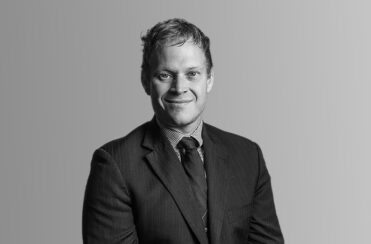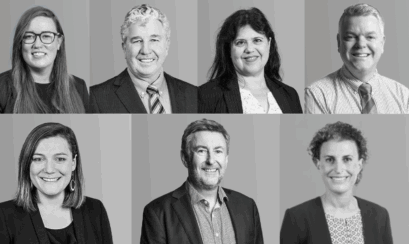Death and taxes – the only certain things in life. But when it comes to paying debts from a deceased estate, which ones must be paid first?
Many of us would rather pay any debts we owe to friends and relatives before the taxman and banks get their hands on it. However, while it would be nice to think you can control the payment of your debts after death, sadly it isn’t so.
Tax is the first debt to be paid out of your estate when you die
The first debt that must be repaid out of the estate is any tax that you owe, in full. Your estate can’t pay only half your taxes in order to leave something for your beneficiaries. If paying tax debt consumes your entire estate, then that’s it.
Furthermore, the executor or administrator must pay all other debts out of the deceased estate before anyone can receive any benefits. Under the Probate and Administration Act 1898, probate must first be granted and notice of distribution posted. They can use assets to pay expenses such as funeral and administrative expenses.
Secured debts and unsecured debts
When paying debts from a deceased estate, there are two types to be dealt with by the executor – secured debts and unsecured debts.
Secured debts are attached to a certain asset. For instance, a home loan is secured against a property. When you die, the creditor may take legal action, which could include selling the property.
If a beneficiary of the estate inherits the property, they must first deal with any debt secured against it. The debt can be either repaid or refinanced before the property is transferred to the beneficiary.
An unsecured debt is not attached to any particular asset and includes credit card debts and personal loans. These are usually paid from money in the estate, but come after secured debts are paid. Assets can be sold to meet the unsecured debt.
What happens if estate debts outweigh estate assets?
Once debts are paid, the remainder of the estate is distributed according to the will or, if there is no will, according to the NSW Succession Act 2006.
If the debts of the estate exceed the assets of the estate, then the executor, next of kin or creditor can apply to the court for a bankruptcy trustee to be appointed. Importantly, the beneficiaries of your will are not required to pay any debts personally.
If a debt is in a couple’s name, it will have to be decided how much of the debt will be paid by the surviving partner.
Do superannuation death benefits or life insurance need to go toward paying debts from a deceased estate?
Beneficiaries of superannuation death benefits or life insurance are not required to pay debts owed by the estate from these payments. This is provided that such payments are quarantined from other estate assets.
Seek legal advice before paying debts from a deceased estate
It would be wise to obtain expert legal advice before paying debts from a deceased estate. It can get complicated, particularly if a business or source of ongoing income is left to someone in a will.
You can also find other helpful resources about this topic on The Law Society of NSW website and the LawAccess NSW website.














